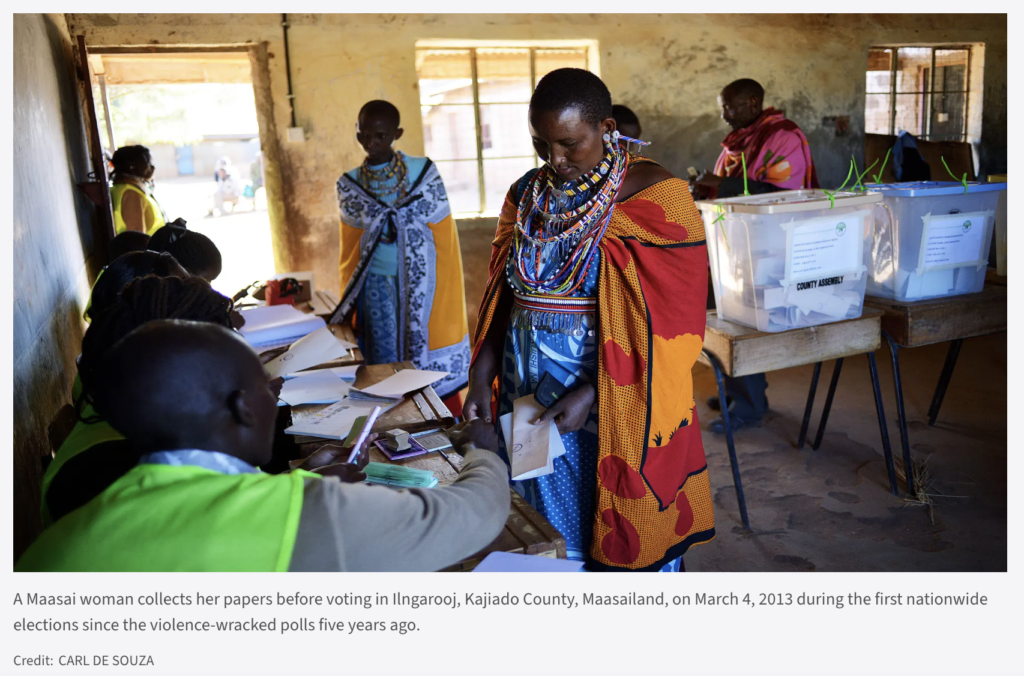
Pediatricians in residence Dr. Roosler Billy Telcide, 27 (right), and Dr. Ben Bechir Beaubrun, sit in the children’s waiting room at the Partners in Health University Hospital in Mirebalais. Telcide said he’s excited to learn first rate patient care at the new facility– and to carry those standards with him as he practices medicine to his hometown once he completes his residency.
MIREBALAIS, Haiti — When Roosler Billy Telcide completed medical school in Port-au-Prince, his hopes for finding a residency to prepare him for a career as a pediatrician were modest.
nike discount outlet
“I had a dream when I was a medical student to do my residency where I can find a scanner, an MRI, and all those things Partners in Health has,” said Telcide, 27, in reference to Boston non-profit whose state-of-the-art teaching hospital opened last year in the town of Mirebalais, north of Port-au-Prince.
Funded by private donors and grants, and using equipment donated from the Boston area, the $25-million, 300-bed University Hospital of Mirebalais (HUM) already handles some 800 outpatient visits a day, offers chemotherapy to cancer patients, delivers 200 to 300 babies per month and operates a 24-hour emergency ward. Its mission: provide free, first-rate health care to Haitians who could otherwise not afford it.
coach knockoff bags
Read the full story as it appeared at GlobalPost.








